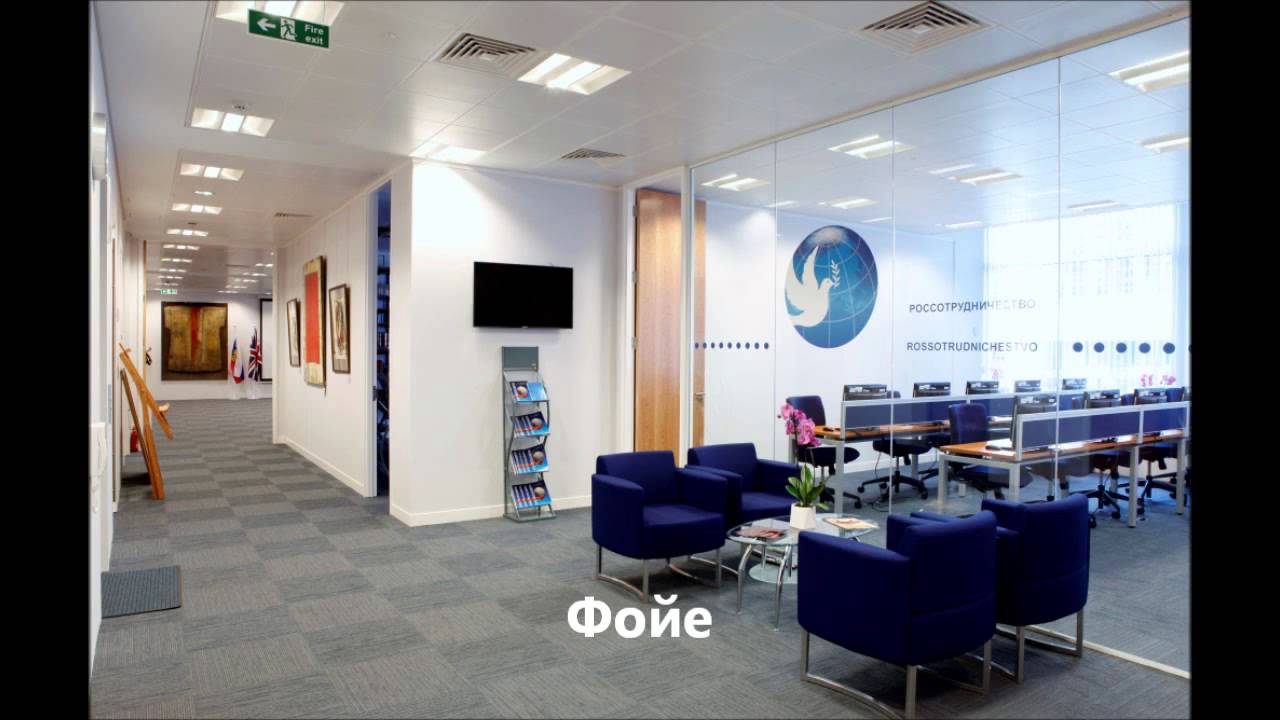A new scandal has broken out between Kiev and Budapest.
It may have decisive consequences for the mutual relations, as it touches upon a very sensitive topic for both sides – the issues of obtaining the citizenship and the passport of Hungary.
The modern Hungarian elites, like the Russian ones with their “Russkiy Mir” project, with the help of ethnic Hungarians and pro-Hungarian non-governmental organizations, are trying to revive their regional influence of the Austro-Hungarian Empire, promoting the idea of creating Hungarian autonomies in the territory of other states.
The Hungarian government conducts the most active and aggressive work on the formation of a platform for autonomies in Romania and Ukraine. Officials of the Hungarian state, such as the deputy of the European Parliament and the representative of the Romanian Hungarians, Laszlo Tökös, Hungary’s Ambassador to Ukraine Erno Keskeny or the Hungarian parliamentarian Marton Gengeshi, have repeatedly made statements on the necessity of creating autonomous entities of ethnic Hungarians.
Such “autonomy” policy of Hungary in the Székelyföld of Romania, where about one million of ethnic Hungarians live, and in Transcarpathian region of Ukraine regularly causes diplomatic scandals and political blackmail at the interstate level. Using the state resource and Hungarian public organizations the main objective of Hungary in Ukraine is to obtain actual control over the adjacent territories of Transcarpathian region, covering Berehovsky and Vinogradovsky areas, where the majority of ethnic Hungarians live. This policy is carried out in two main directions: the “passport policy” and the program of economic support for ethnic Hungarians at the expense of the state budget and the budget of public organizations. For the moment, the “passport policy” in Ukraine has ensured the support of ethnic Hungarians in the parliamentary elections of Fidesz Party, which activities have recently been accompanied by increasingly Euro-skeptical sentiments, while its leader, current Prime Minister Viktor Orban, maintains the position of implementation by Ukraine of a double citizenship for the Hungarians and believes that the only deterrent for speeding up the policy of obtaining autonomy in Transcarpathian region is the Russian aggression against Ukraine.
It was the ruling Fidesz Party, after winning the parliamentary elections in 2010, which as its first decisions in parliament, passed amendments to the law on citizenship and introduced a simplified procedure for its obtaining by foreign Hungarians. The law came into force on January 1, 2011.
Such ethnic Hungarians may vote in elections in Hungary not only by party lists, but also for majority candidates. Before the current Hungarian elections, HirTV channel, close to the “Jobbik” party, described how such voters were transported by buses from Transcarpathia to vote in Hungary.
Since then, in the countries of the Carpathian basin there has been an active passport issue for ethnic Hungarians. The most active processes are in Romania and Serbia – more than 400 000 and 114 000 of their citizens respectively, received Hungarian passports as of early 2015. As far as Ukraine is concerned, for the years of passport issue, figures were provided from Budapest only once: as of February 2015, almost 94 000 Transcarpathians obtained Hungarian citizenship under a simplified procedure. Then this information was made public by Árpád János Potápi, responsible for the national policy in the Hungarian government, who is still dealing with the same issue in the fourth Orban’s government. How many Hungarian passports Ukrainians received for the following 3.5 years? There is no data. It is only known that, as of August 2015, 124 000 applications for Hungarian citizenship were received from Ukraine.
In Romania and Serbia, dual or multiple citizenship is officially permitted, but in Ukraine or Slovakia, where half a million Hungarians live – no. And if Slovaks forbid their citizens to receive a Hungarian passport and have a clear procedure of “punishment” for those with a second passport, then in Ukraine the legislation is not so clear.
For many years the issue of dual citizenship of the Hungarians of Ukraine has been a taboo in the dialogue between the two countries. Budapest has systematically issued Hungarian passports to Ukrainian citizens of Hungarian origin, and Kiev, knowing this, only occasionally resented with this fact – but did it nominally without action in return.
But this Wednesday in Youtube there was a video that became a “trigger” of changes. The video, taken by a hidden camera or phone, shows a record of how citizens of Ukraine make fealty to Hungary. The ceremony takes place in Beregovo, in the Hungarian consulate. And in addition, the consul advises to new “double citizens” to hide from the Ukrainian authorities the fact of a passport obtaining.
So what are the real motives of Hungary, when it is so issuing documents abroad?
And what is the most important – what is the best way for actions by Kiev for not to be a looser in matters of national security? We may already state that this process has reached a point where it is unacceptable to ignore the problem.
Especially – after the Youtube video recording, it has become public what many guessed, but did not have clear evidence.

